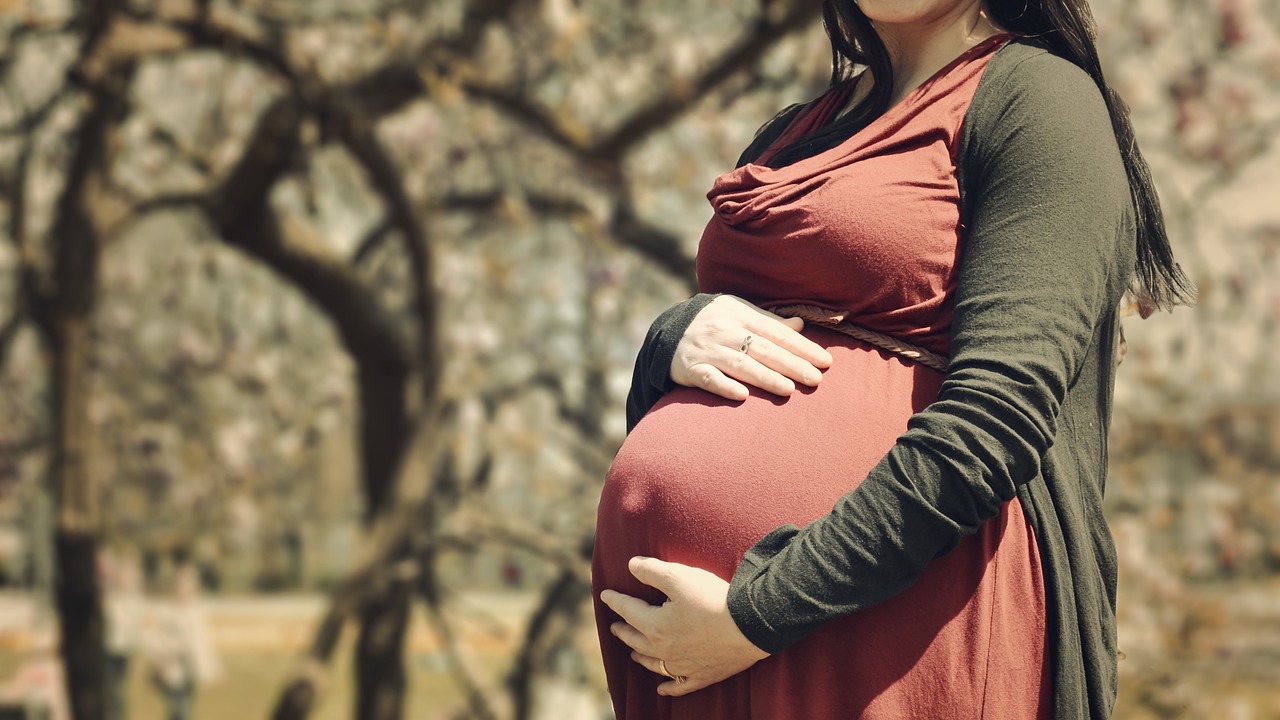In 2016, adult women over the age of 20 in the US were found to weigh an average of 166.2 lb, while their counterpart group in Japan weighed an average of about 116 pounds. Perhaps one aspect of the discrepancy is the fact that Japanese birth weight is an average 0.7 pounds lower than that of white babies. The US Centers for Disease Control and Prevention states that babies who are too small are at increased risk of difficulties breastfeeding and meeting developmental milestones.
Studies show that one factor leading to lower birth weight is lower gestational weight gain in the mother, according to Dr. Naho Morisaki, chief of the Division of Lifecourse Epidemiology at Japan’s National Center for Child Health and Development. He is concerned that Japanese mothers are not gaining enough weight during pregnancy. Babies born after 1980 began trending towards lower birth rate, and therefore declining adult stature in Japan – all due in part to a trend of low gestational weight gain. A potential long-term effect is a future of Japanese people with overall lower life expectancy.
Image Source: Innocenti
Japan’s Ministry of Health, Labour and Welfare recommends 20 to 26 pounds of weight gain for underweight women (body mass index 18.5 or less), 15 to 26 pounds for normal-weight women (BMI 18.6, up to 25), 15 pounds or less for overweight women (BMI 25 to 30), and just 11 pounds or less for obese women (BMI over 30). Japanese mothers tend towards low gestational weight gain because these numbers are low compared to the US guidelines from the Institute of Medicine: 28 to 40 pounds, 25 to 35 pounds, 15 to 25 pounds, and 11 to 20 pounds for the respective corresponding groups of women.
Doctors and midwives are sometimes even stricter towards their pregnant patients, as experienced by Naomi Hayami-Chisuwa, a dietitian and lecturer at Osaka City University, who gave birth in June 2018. She was advised by her hospital to gain just 22 pounds when according to the official government guidelines, she actually could have gained between 15 to 26 pounds.
When Hayami-Chisuwa gained more than what was recommended, nurses analyzed records of her diet during recommended nutrition counseling sessions – only to find that her diet and behavior were already healthy.
Image Source: Kohei Hara
Though doctors in Japan are right to be wary of high gestational weight gain, which increases the mother’s risk of pregnancy-induced hypertension syndrome, it is apparent that too low of gestational weight gain also comes with its own set of health problems for the baby. With luck, other Japanese mothers will receive improved gestational weight gain guidelines in the future, so as to improve the health of both themselves and their future children.
Feature Image Source: StockSnap










